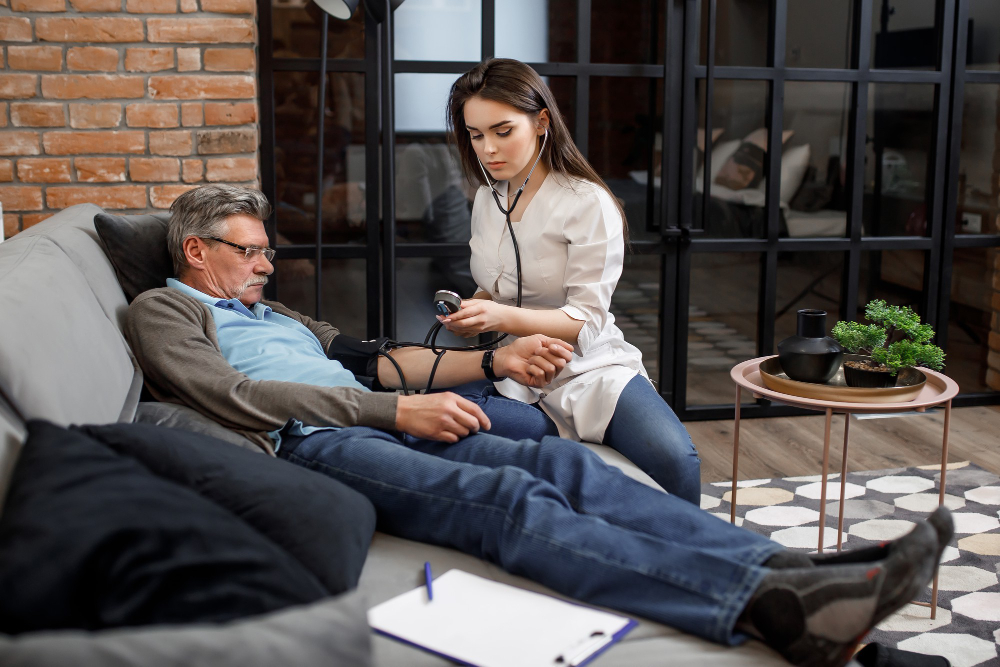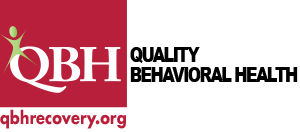Residential Treatment Program

Residential Services
Residential Treatment Services is a structured program designed to assist the consumer to begin the recovery process from chemical dependency. The program emphasizes development of skills to sustain a drug free lifestyle. Treatment may be short-term or long-term depending upon the consumer’s needs and whether there are existing healthy support systems. Below is a brief list of activities that are provided to the clients on a weekly basis
- Medical and Nursing Services – 24/7
- Pharmacotherapy – based upon consumer’s treatment plan.
- Individual Counseling/Therapy – at least weekly.
- Therapeutic and Didactic/Psycho-education Groups – 2 to 4 times per day.
- Family Therapy – per treatment plan.
- Recreational/Social Skills Therapy – multiple times daily per posted activities schedule.
- Stress Management Therapy – as needed per treatment plan.
- Case Management – as needed.
- AA/NA (on site or off site) – available per consumer treatment plan; daily to weekly.
- Spiritual Services – upon request.
- Community Meetings between staff and consumers – daily
During the residential program, individual counseling sessions are conducted by therapists and/or psychiatrists. Therapists are used to complete the initial assessments, develop and evaluate progress of treatment plan goals and objectives, to discuss appropriate treatment modalities, and to process and problem-solve problems of a short-term nature. Family counseling sessions, conducted by therapists, are used to assist the consumer’s significant others to understand and adapt to the consumer’s condition and needs, to work through their own needs related to the consumer’s condition, and/or to address dysfunction within the family unit. Psycho-education sessions, conducted by clinical and nursing staff, are designed to give the consumer needed information for informed decisions about behavior choices, treatment options, community resources, and to develop healthy recreational, living and coping skills. Case management is offered to any consumer who is using and/or in need of the coordination of multiple community social and psychiatric services and who is not already case managed through another agency with whom QBH, Inc. staff can cooperate. Pharmacotherapy is used only when treatment and/or recovery maintenance without this intervention is not feasible.
Residential treatment is a highly structured program designed to assist in beginning your recovery process. Treatment provides the client with the tools to gain an understanding of the disease of chemical dependency and to develop the skills necessary to establish a drug-free life. Treatment modalities include education, therapy, stress management programs, medicinal support as needed and 12-step support groups including Alcoholic Anonymous and Narcotic Anonymous. The counselors/therapists use different types of therapies like cognitive behavior therapy, solution-focused therapy, strength-based, holistic health, and person-centered approach.
QBH clinicians use a variety of evidenced-based practices in all levels of care to engage clients and increase favorable treatment outcomes. Depending on a client’s needs, these are methods used, generally in combination.
- Motivational Interviewing – Counselors use motivational Interviewing with clients in the pre-contemplation, contemplation, and preparation stages of change. This strategy can be used with clients’ diverse backgrounds, and at all levels of care (detoxification arid outpatient) and has been demonstrated to Increase retention rates as well as a decrease in substance use/relapse.
- Trauma Recovery and Empowerment Model- This model is used to supplement other methods and is used with clients presenting with a history of domestic violence, a history of involvement in violent crime, or other
- Relapse Prevention Therapy – RPT is used with both residential and outpatient clients to help increase skills to recognize relapse cues and develop skills to prevent relapse.
- Dialectical Behavior therapy – This Intervention assists clients in recognizing incongruities in emotions and logical reactions, increasing skills to tolerate negative emotions, and eventually to reduce these negative emotions. This assists client’s in preventing relapse by increasing overall skills to tolerate stress, frustration, triggers, and symptoms of mental health disorders.
The use of evidence-based practices has increased our success rate by 20% for a total of 79%
QBH takes measures in incorporating the health and wellness of a client. It is the agency’s belief that consumers get sick and recover in the context of a social unit that either lends support to wellness or deters a wellness state; therefore, the most effective approach to service delivery is to provide it in the context of the whole consumer, including their social environment whenever possible. QBH has a gym on both men and women side that clients are really grateful of.
Clients who choose to leave the program against staff advice are asked to sign a deferral agreement that states they will wait 24 hours before acting on their decision. While QBH cannot prevent any client from leaving the facility, we encourage them to spend time rethinking the potential negative outcomes of that choice.
